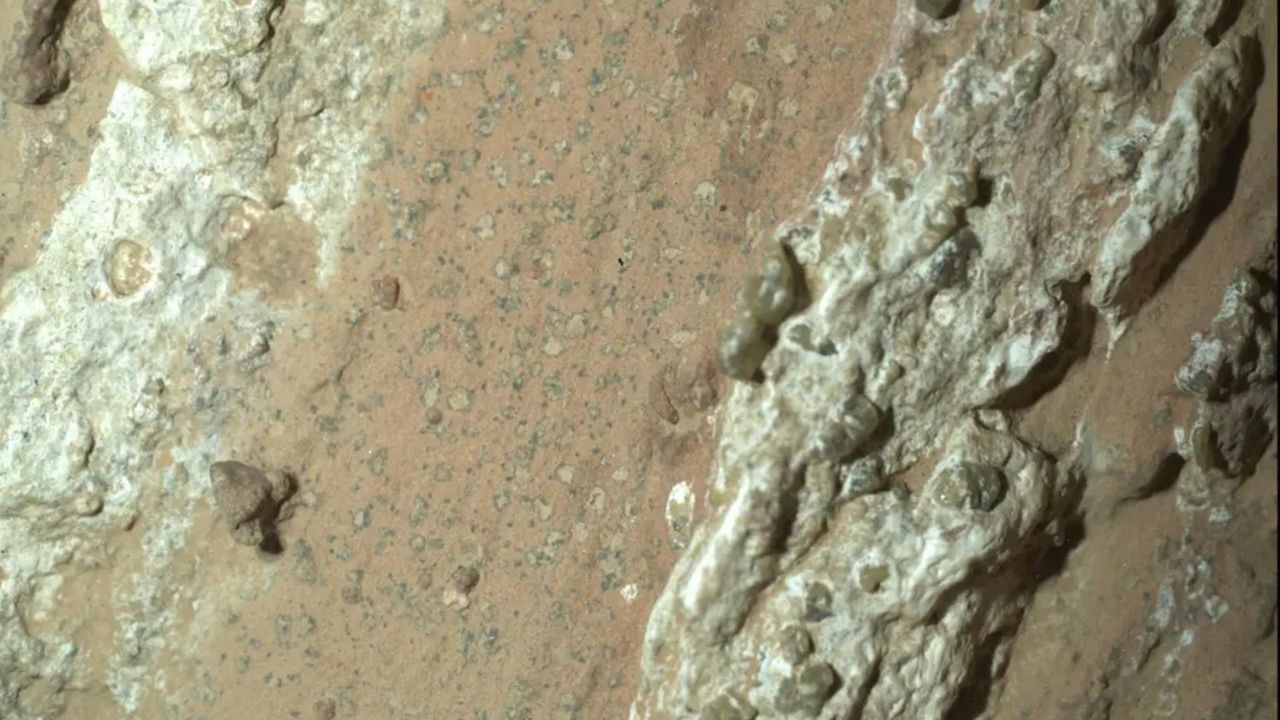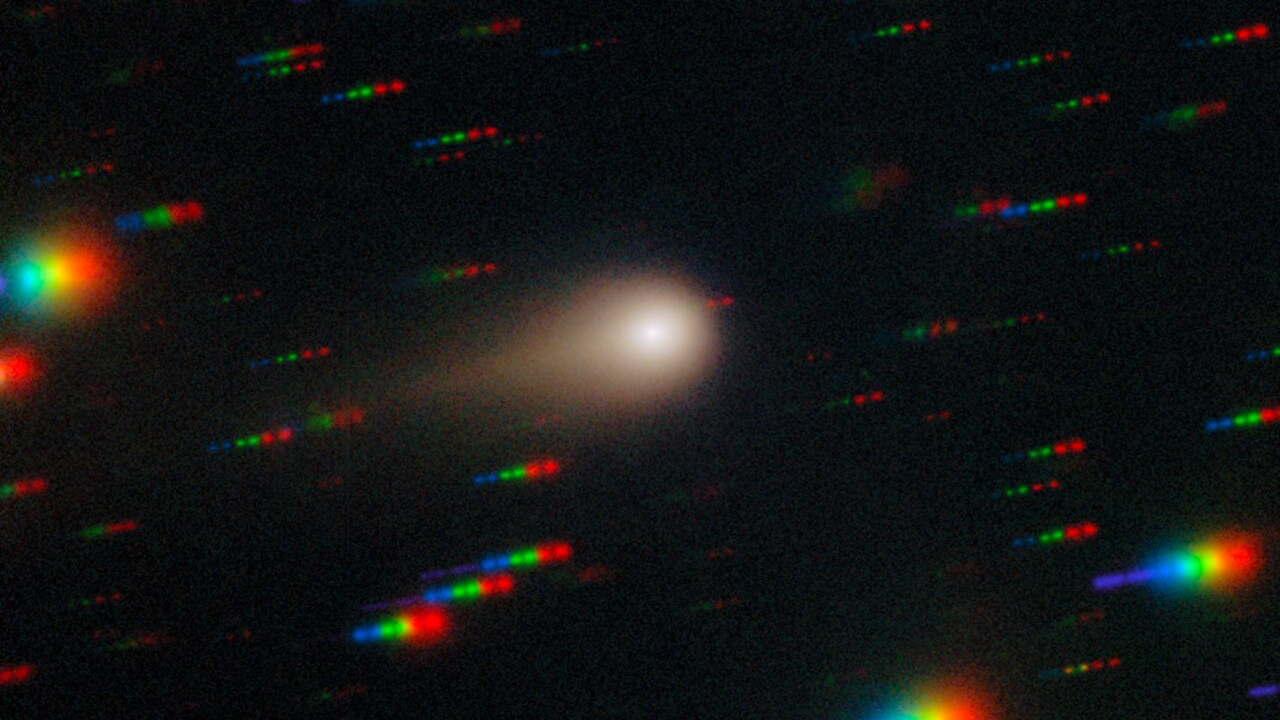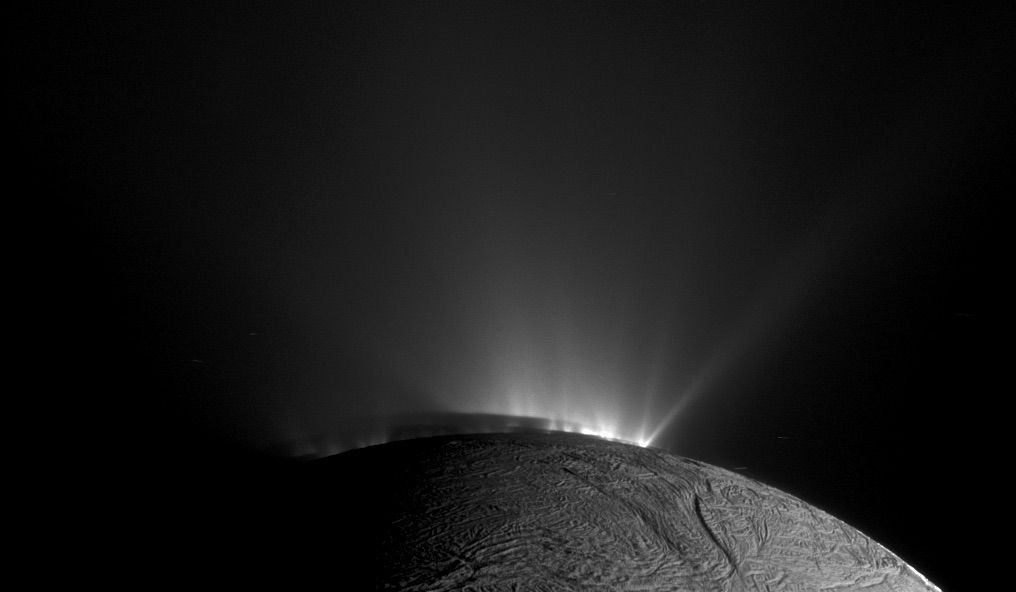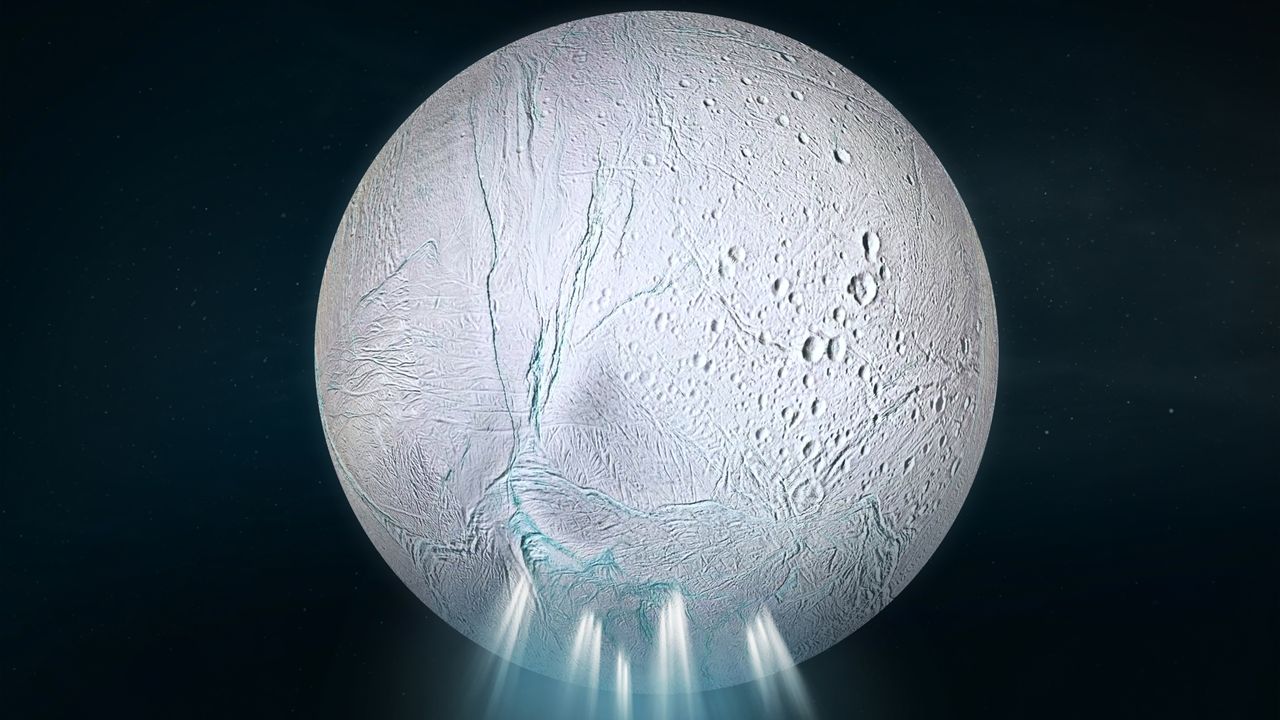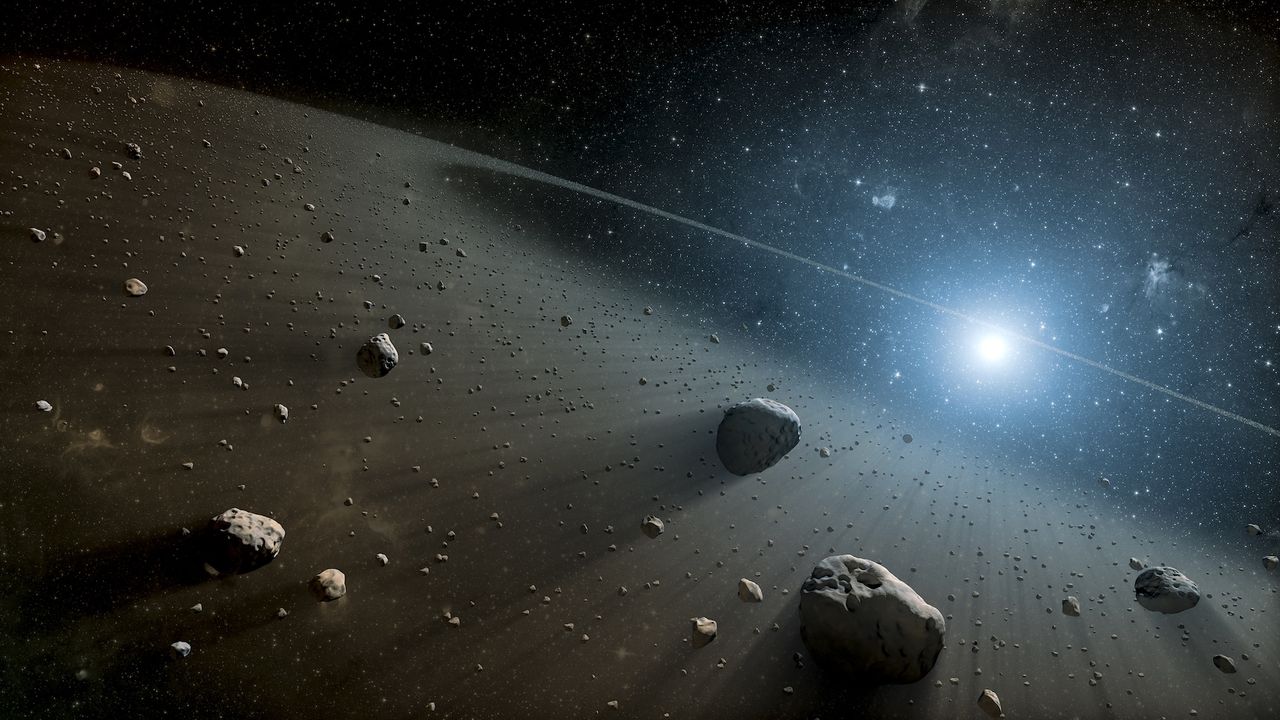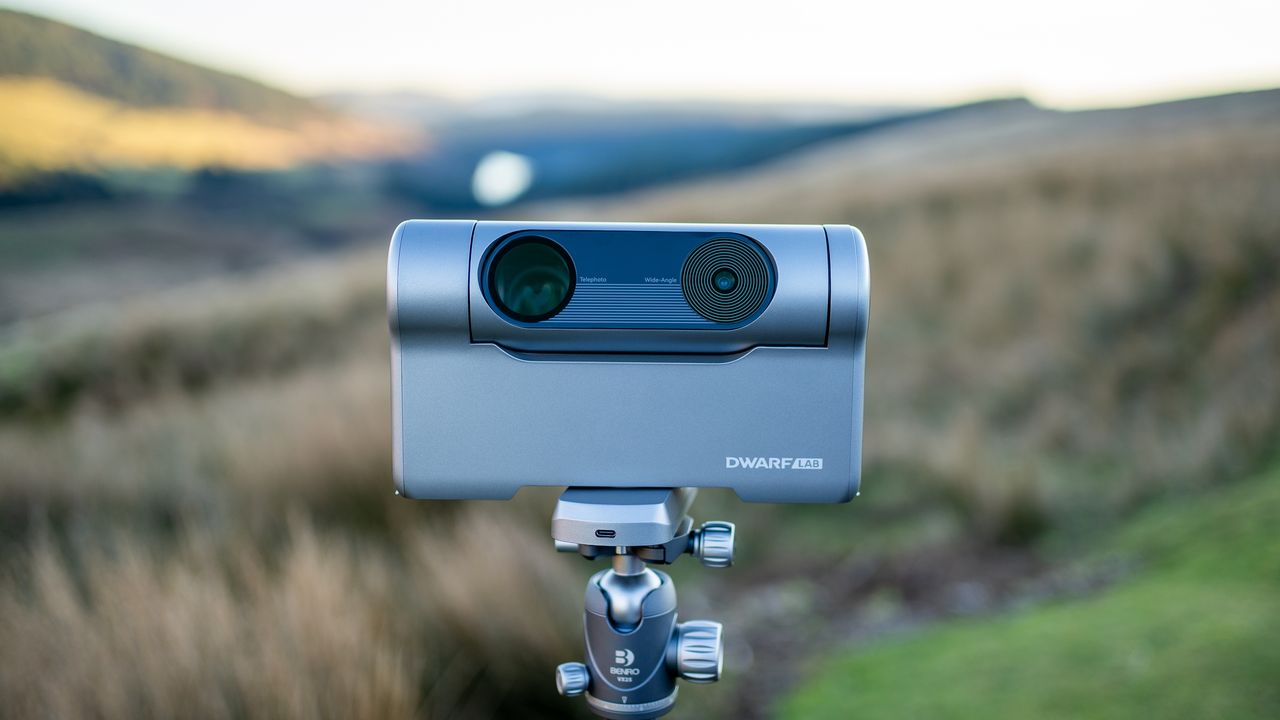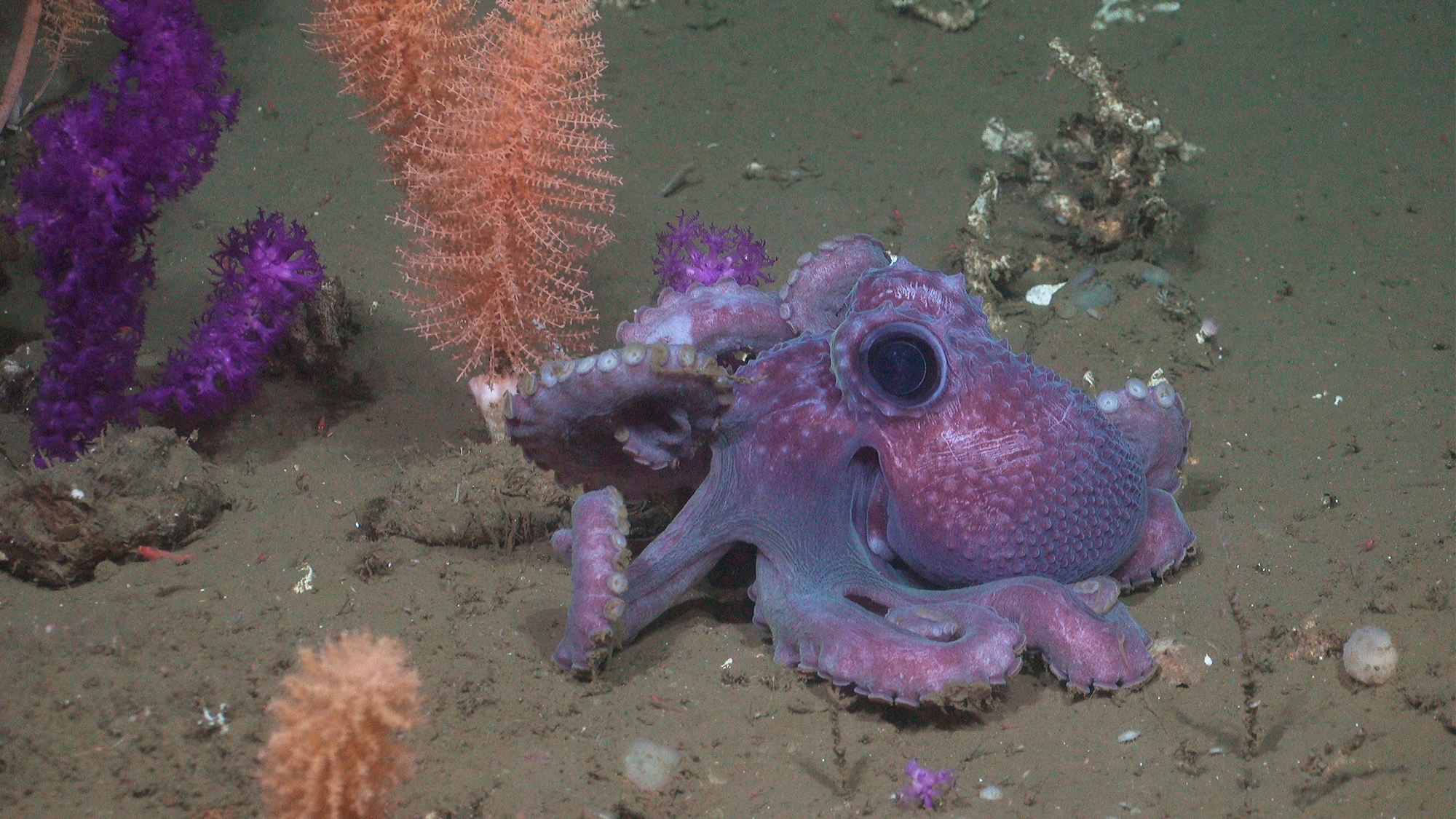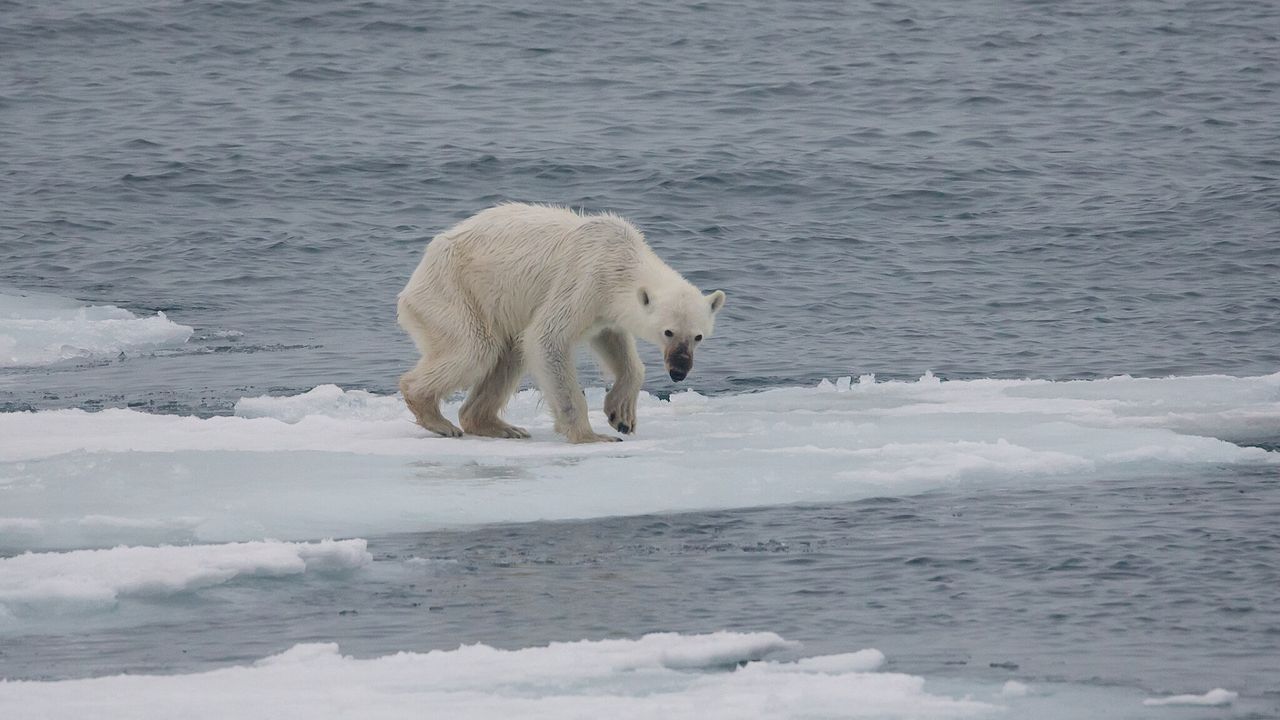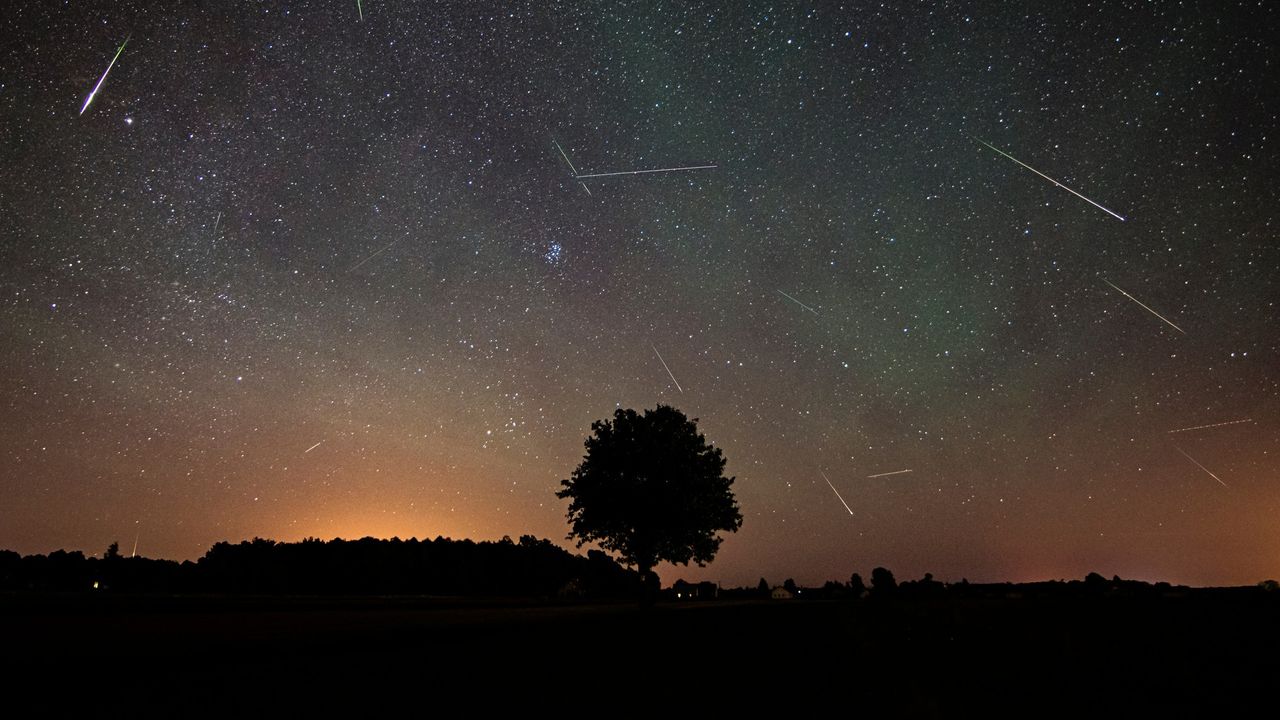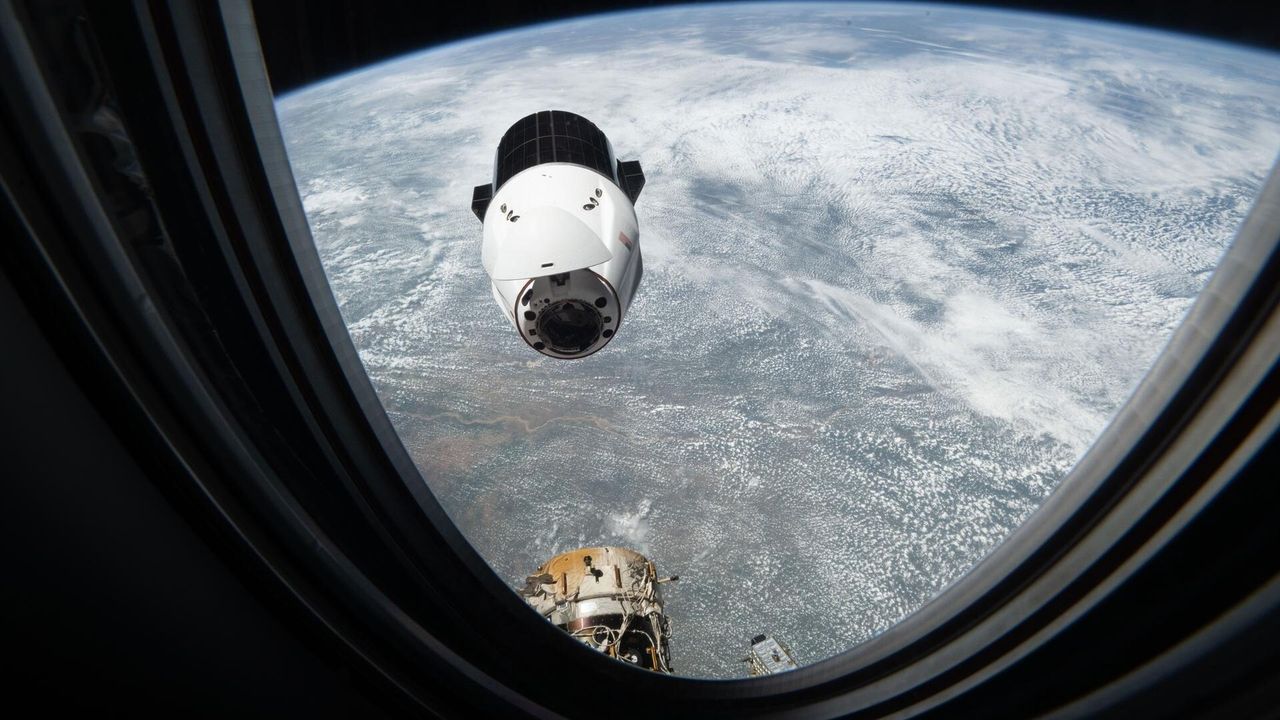Signs of life? Why Saturn moon offers hope of finding ET in Earth’s back yard
PositiveScience
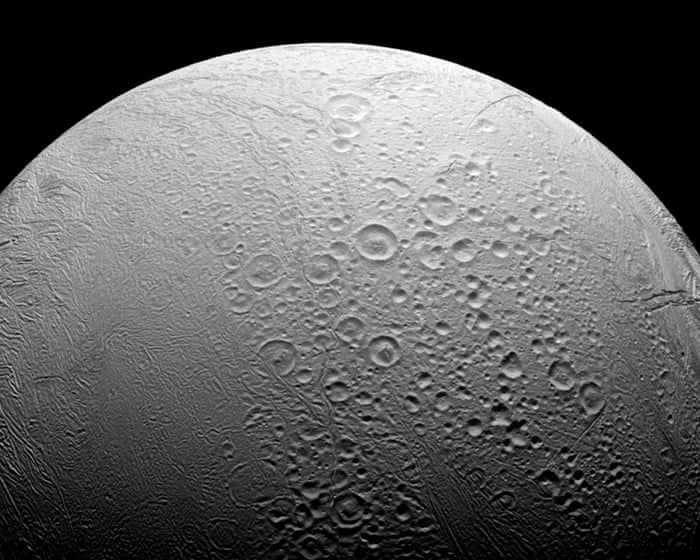
Recent discoveries on Saturn's moon Enceladus, including a variety of carbon-based substances, have sparked excitement in the scientific community about the potential for extraterrestrial life in our solar system. This finding is significant as it suggests that Enceladus could be a fertile ground for life, making it a prime target for future exploration. As we continue to uncover the mysteries of our cosmic neighborhood, the hope of finding life beyond Earth becomes more tangible, igniting curiosity and inspiring further research.
— Curated by the World Pulse Now AI Editorial System

